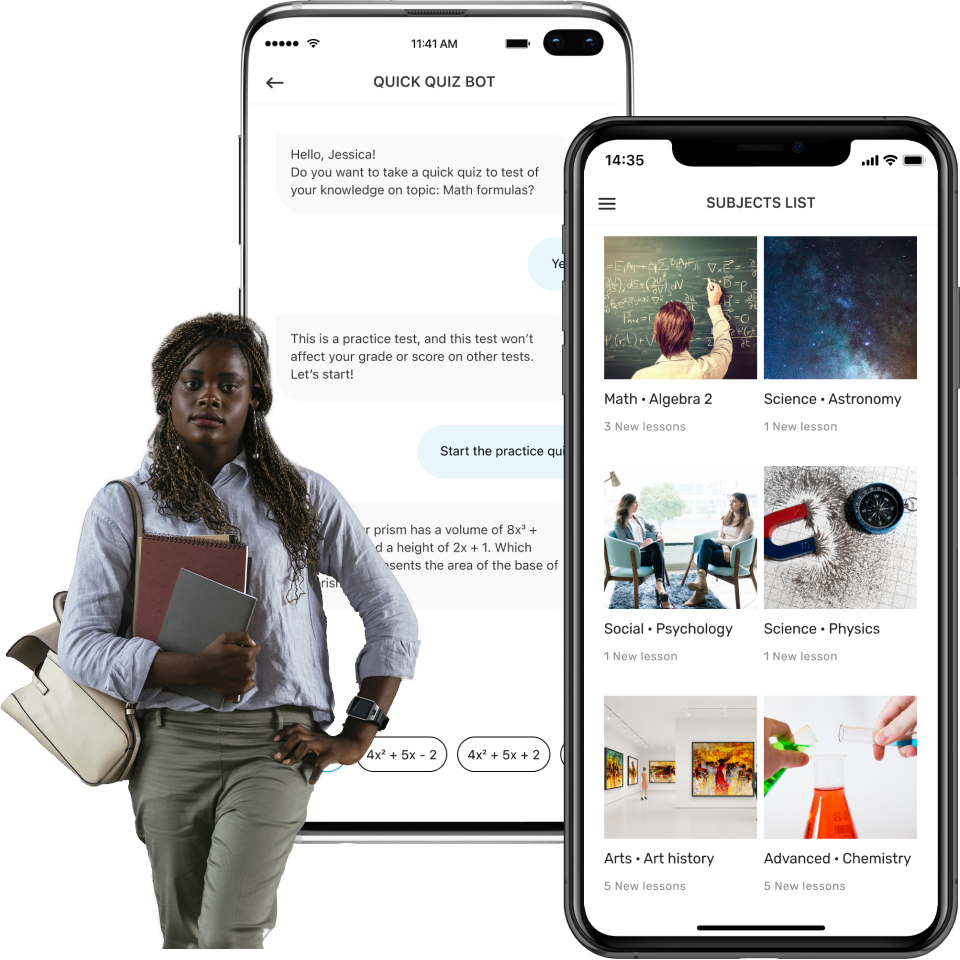

Using the Wi-Fi point the phone is currently connected to, the device can locate itself. Wi-Fi can also be helpful in determining a device’s location, especially when cellular service is turned off (when traveling abroad, for example, some users opt to turn off their mobile connections to avoid extremely expensive roaming charges). This process is commonly called triangulation since the signals of the three nearest towers allow a device to estimate its most exact location. Using signals from several nearby cell towers, a device can, depending on the quality of the signal, calculate the distance to each tower and determine a user’s approximate location.

This approach to determining a device’s location requires a connection to a mobile network.

GPS doesn’t require any connection to a mobile network or the Internet, and it can be used to find a device’s location even if someone is far beyond the reach of cell towers. The system can accurately calculate the location of a receiver/smartphone by measuring signals from multiple Earth-orbit satellites to determine a relatively accurate location. GPS is a global system consisting of satellites and small receivers built into every modern smartphone or tablet. Location details are typically transferred via: This type of apps allows businesses to offer customized services based on where the user currently is or where he is going. Let’s make things clear: A location-based app is a software product that collects data about users’ current location. Get ready for the torrent of inspiration for your geolocation featured app. In this article, we have collected the best ideas along with successful examples of how well-known companies implemented these ideas in real apps. Now, the point is to generate a viable idea capable of competing with existing services. Magic? No, that’s just the power of location-based apps.Īnd this is something you need to consider for your next successful software solution. And, yet again, the carrier delivers it right to your front door. That evening, you decide to order some Chinese food. You decide to go out for lunch, and Yelp recommends several restaurants within a 5-minute walk of your office. You decide to take an Uber to work, and the car arrives exactly at your front door, even though you didn’t even enter your address. It already knows your location and disappoints you with a rain alert for the day. You are envious and open the weather forecast app. You wake up in the morning, check your Facebook feed, and see a post from your friend made somewhere on the Spanish coast.


 0 kommentar(er)
0 kommentar(er)
